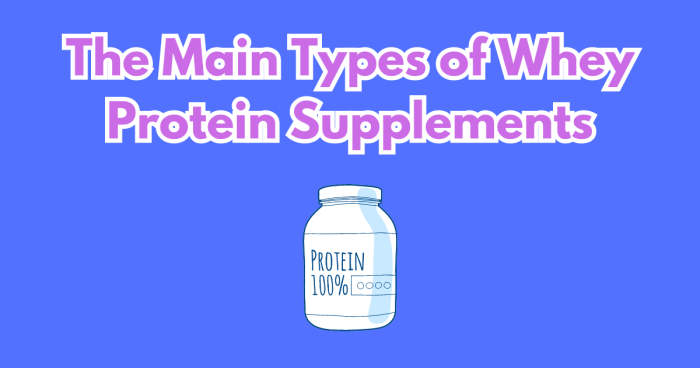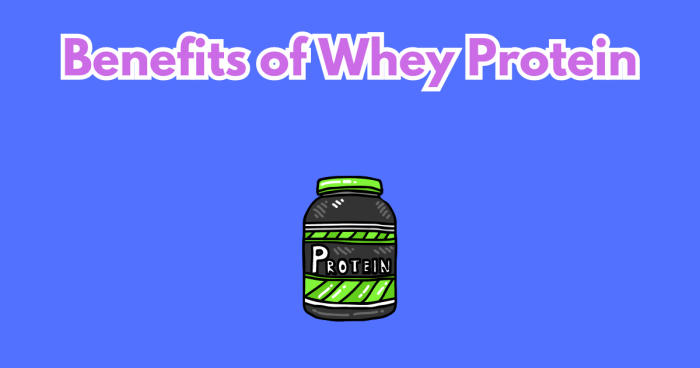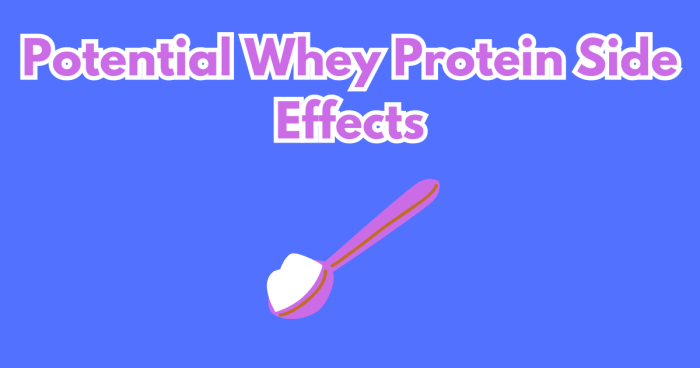Whether you never used a whey protein supplement or frequently use them, it’s understandable to have questions. One of the questions I most commonly get is does whey protein make you gain weight?
I’ve got the answers! Besides learning about the relationship between protein and weight gain, you’ll also learn about types of protein, its benefits, and side effects.
So, does whey protein make you gain weight?
Whether or not whey protein will make you gain weight depends on your caloric intake and how many calories you burn daily.
To understand the answer to this important question, you’ll need to know about your caloric intake and how many calories you burn per day.
Your daily intake of calories is how many calories you consume. Everyone’s caloric intake is based on their basal metabolic rate – we’ll keep it simple and call it a BMR going forward.
Let’s say that your BMR is 2,500 calories. At the end of a typical day, the calories you consume minus the calories you burn would equal 2,500.
If you end another day consuming more calories or burning fewer calories, it will make you gain weight. Ending a day burning more calories than normal or eating fewer calories than 2,500 would make you lose weight.
Now, you add protein powder to your diet. If, on a normal day, you consume 2,500 calories and have a protein shake, your caloric intake goes up. You’ll maintain your current weight if you consume 2,000 calories, and your milk and protein powder drink adds 500 calories.
To lose weight, if your BMR is 2,500 calories per day, your calories consumed minus calories burned must be lower than 2,500.
Does whey protein lower cholesterol levels?
Yes, it can. Numerous scientific studies (here’s one) show that a protein supplement consumed over time can lower LDL and overall cholesterol levels. Plus, adding whey protein to your diet can also lower your overall blood pressure.
Does whey protein cause acne?
Protein powder helps you build lean muscle mass because it increases your insulin-like growth factor (IGF-1) levels when consumed. Then, your body releases more growth hormones.
For some people, increasing the performance of their growth hormones can cause acne in some people. As a male, I can only speak to what I’ve experienced. Typically, this acne happens on your back the back of your arms.
It’s also worth remembering that lifting weights can ramp up your human growth hormone naturally, even without consuming protein powder.
The main types of whey protein supplements

Whey protein concentrate
You’d think that whey protein concentrate would mean it would have the highest protein content. Confusingly, that’s not the case. Instead, concentrate is on the lower end of the protein content scale.
Whey protein isolate
In between concentrate and hydrolysate, you have whey protein isolate. The end product is highly filtered during the process of creating whey protein isolate. Because of that, this type of protein is easier to digest than whey protein concentrate.
Whey protein hydrolysate
Some companies manufacturing protein powder include enzymes and similar ingredients that make whey protein easier to digest. If you use a protein powder made with whey protein hydrolysate, it should be easy to digest.
As protein becomes easier to digest, it should cause fewer stomach-related issues (especially for those with lactose intolerance). This type of protein powder also typically has the highest protein content.
Non-whey protein
You might find that no matter what protein powders you try, none agree with you. If so, that’s okay! There is a world of protein supplements that contain no whey at all.
Supplements like rice and pea protein come from non-dairy sources and contain no whey.
Benefits of using whey protein supplements

Gaining muscle mass
Whey protein supplements and their amino acids are scientifically known as the building blocks of muscle. Lifting weights indeed helps you gain muscle. But before that happens, working out causes small tears in your muscle tissues.
When you repair these tiny microtears in your muscle with protein, your muscles rebuild a tiny bit stronger and bigger after every workout.
Curbing your appetite
Whey protein is filling. That’s because whey protein contains non-essential and essential amino acids, one of which is leucine. Because leucine makes you feel full, it can help you maintain a healthy weight over time.
Losing weight
As mentioned earlier, your daily calorie intake determines whether you gain, lose, or maintain your current weight.
If you want to lose weight and typically snack on a candy bar or two, replacing that with a protein shake would help you lose weight over time.
If you have an extremely low overall calorie intake, consuming protein powder might put you into a caloric surplus. Does whey protein make you gain weight? Only if the amount you consume is more calories than you burn off.
Potential side effects of whey protein

Larger and more frequent bowel movements
I betcha didn’t think you’d read about bowel movements today, did you? Surprise!
For some people, consuming protein shakes makes them poop more. There are a few reasons why this might happen:
- Increases your calorie intake: Unless it’s a weight gainer, most protein powders don’t have a ton of calories. However, protein powder will increase your caloric intake. The more you consume, the more you poop.
- Contains dairy: Some people are lactose intolerant, meaning their bodies can’t process dairy-based foods and beverages.
- More liquids into your diet: When you use protein supplements, you’re probably drinking more water or milk than normal. As more liquids enter your stomach, it can, you know, flush things out quicker.
Feeling bloated
One of the most commonly protein-related questions I see asks do protein shakes make you fat? While it’s a little bit of an insensitive way to ask this question, I understand why there’s a common misconception about protein powder making you gain weight. That’s because of bloating.
I’ll fully admit to making some avoidable mistakes in my early days as a weightlifter. One of these mistakes was drinking too many protein shakes at once.
Eager to start gaining muscle quickly, I figured my stomach could handle two big protein shakes in one sitting. So, I gathered about four scoops of protein powder and poured two scoops into each cup.
After mixing in my milk, I consumed more protein in a few minutes than my stomach could handle. I didn’t throw up. But I definitely felt bloated and had a stomachache.
If you’re sensitive to protein powder blends, you could experience an uncomfortable bloating feeling. Of course, this isn’t any kind of emergency situation. But you could experience a little discomfort for an hour or more.
Whey protein can help you gain muscle mass. Unless you burn more calories than you consume, protein powder can cause weight gain. With that said, most protein powders are low-calorie supplements. If you consume protein drinks in moderation or exercise regularly, protein supplements shouldn’t cause drastic weight gain.
